Luigi Mangione is officially the “suspect” in the murder of UnitedHealthcare CEO Brian Thompson, but he is plainly the culprit, and public discussion has moved on to his motives. Why would a young man possessed of intellectual gifts, friends, family, good looks, a winning personality and, apparently, lots of money, gun down a man he had never met?
This isn’t the kind of question my organization, the National Association of Scholars, normally takes up. We concern ourselves more with academic standards and questions of state and federal policy. But I’ve been nudged several times with questions about Luigi’s academic background. This has two parts: Luigi’s high school and Luigi’s college.
Luigi was the 2016 valedictorian of Gilman School, an elite, all-boys high school in Baltimore. Did Gilman turn him into an incipient anarchist? In his graduation speech he said his class was “challenging the world around it.” This sounds like a graduation bromide, not a summons to terrorism, but who knows? The young man who eight years later would use a 3-D printer to make a “ghost gun” and who fabricated a fake ID, went on in his speech to praise the willingness of his class to venture off the usual paths: “The class of 2016’s inventiveness also stems from its incredible courage to explore the unknown and try new things.” Yes, he was inventive, and he definitely tried new things.
But we have yet to see any evidence that Gilman School (“The Pursuit of Excellence Begins Here”) introduced him to the writings of his idol, Ted Kaczynski, the Unabomber, or that it marinated him in the study of Mikhail Bakunin, Franz Fanon or Herbert Marcuse. The Gilman School’s current “Course of Study” for grades 9-12 sounds like a standard-issue college-prep curriculum amped up with advanced placement courses. AP Computer Science Principles. Computational Creativity. Machine Learning. In view of Luigi’s later fury at “capitalism,” perhaps Gilman School’s course for seniors, “History of Capitalism,” deserves a closer look, though the course description raises no red flags: “Students will explore a series of case studies in economic history, including Adam Smith’s original argument against Europe’s mercantilist economies, the post-World War One hyperinflation in Weimar Germany and the Great Depression and New Deal in 1930s America.”
The Gilman School’s tenth-grade elective course, “Becoming Human,” sounds a bit woozy: it “digs deeply into life’s biggest questions about meaning, transcendence and happiness and provides skills to realize answers in one’s own life.” And it goes about this by mixing evolution, neurobiology, human, development, psychology with Western and Eastern philosophy and theology, to provoke “mindfulness.” Awakening young minds to the search for abiding truth is surely a worthy educational goal, but is jetting over the whole landscape of scientific, humanistic and theological inquiry the way to do that? Might it rather plant the seeds of nihilism?
Luigi completed his studies at Gilman School seemingly no worse for wear. He arrived as a bright and ambitious young man from a privileged background, and he left with those qualities intact.
Did the University of Pennsylvania change that? Not that I know. He graduated with a bachelor’s degree in engineering in 2020. He seemingly thrived at the university, where he was inducted into the university’s Eta Kappa Nu honor society for excellence in electrical and computer engineering. He also received a master’s degree in computer engineering from Penn.
Could an Ivy League education turn a brilliant young man into a sociopathic killer who hates capitalism, views global warming as the great crisis of our time and adores the wisdom of the Unabomber? The question seems absurd — but not entirely so. A University of Pennsylvania professor, Julia Alekseyeva, wrote concerning Luigi, “Have never been prouder to be a professor at the University of Pennsylvania.” She can be seen on TikTok, sporting ultramarine hair and waving her finger in time to the choral version of “Do You Hear the People Sing?” from Les Misérables.
Do you hear the people sing?
Singing the song of angry men?
It is the music of the people
Who will not be slaves again!
Professor Alekseyeva is of course only one of thousands who have expressed admiration for Luigi, whom she also calls “the icon we all need and deserve.” She stands out solely because of being a professor at the institution that granted him his undergraduate and master’s degrees. I have no reason to think he was her student. Her first book, Antifascism and the Avant-Garde: Radical Documentary in the 1960s, is forthcoming. If anything, she is a buoy floating on the surface of Penn’s radical undercurrents.
All we can do at this point is guess that while attending the University of Pennsylvania, Luigi Mangione learned nothing that impeded his progress towards self-aggrandizing hatred of those he deems capitalist oppressors. Some observers have written about Penn’s transition to “hard-left” politics, where “ideology trumps analysis and intellectual rigor.” The public had an opportunity to see some of this in Penn’s hapless responses to pro-Hamas activism both before and after the October 2023 massacre of Israel civilians and in President Liz Magill’s blundering testimony to Congress in December of that year and her subsequent resignation. Broadly speaking, Penn has become a victim of its own enthusiasm for radical causes.
Professor Alekseyeva just happened to have the boldness to make this explicit.
For those who want me to say that Luigi Mangione embodies the deep-seated hostility to American culture and American freedom that is rife in our schools and colleges, I have to decline. That deep-seated hostility is indeed there, but at this point no one knows whether Luigi drank from that well before, during or after college. The most we can say is that a Penn education did nothing to stay his progress towards contempt for civilized norms. And I do worry that higher education plays a part in fostering such abhorrent behavior.












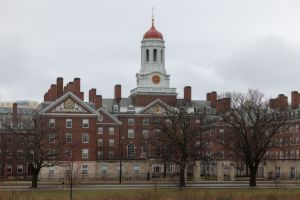

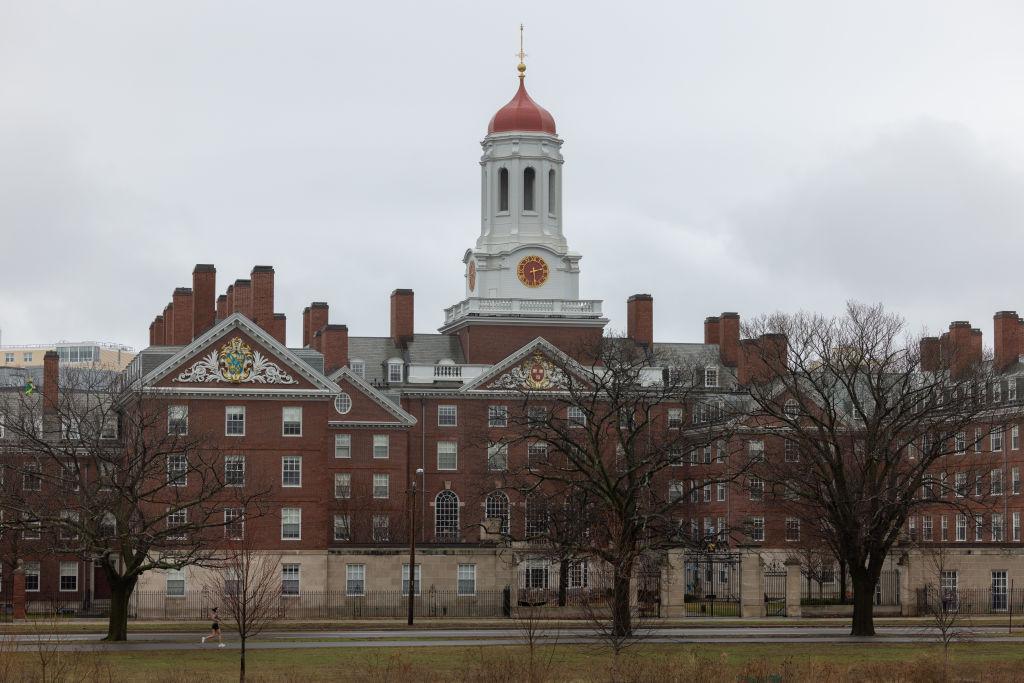
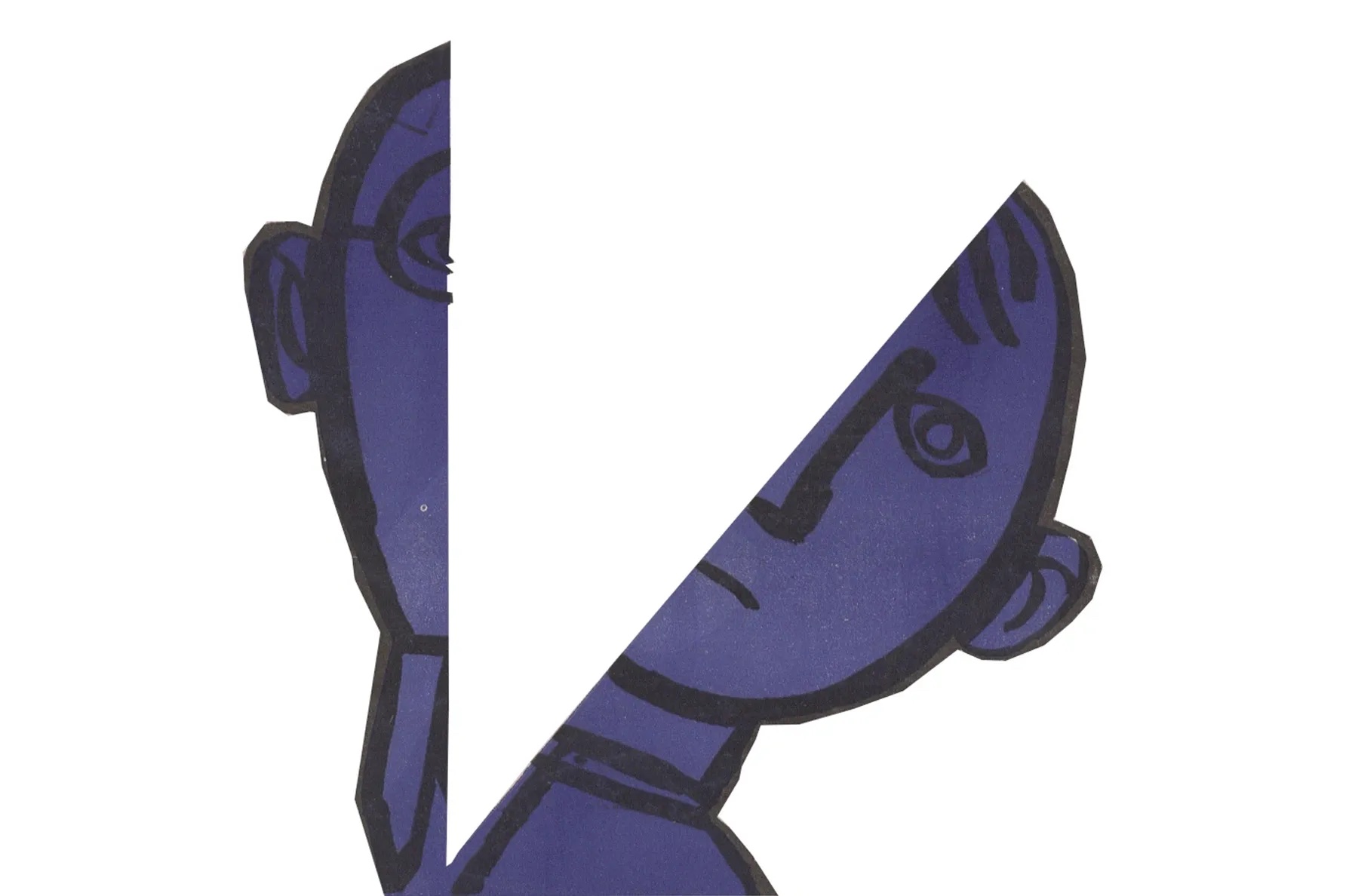
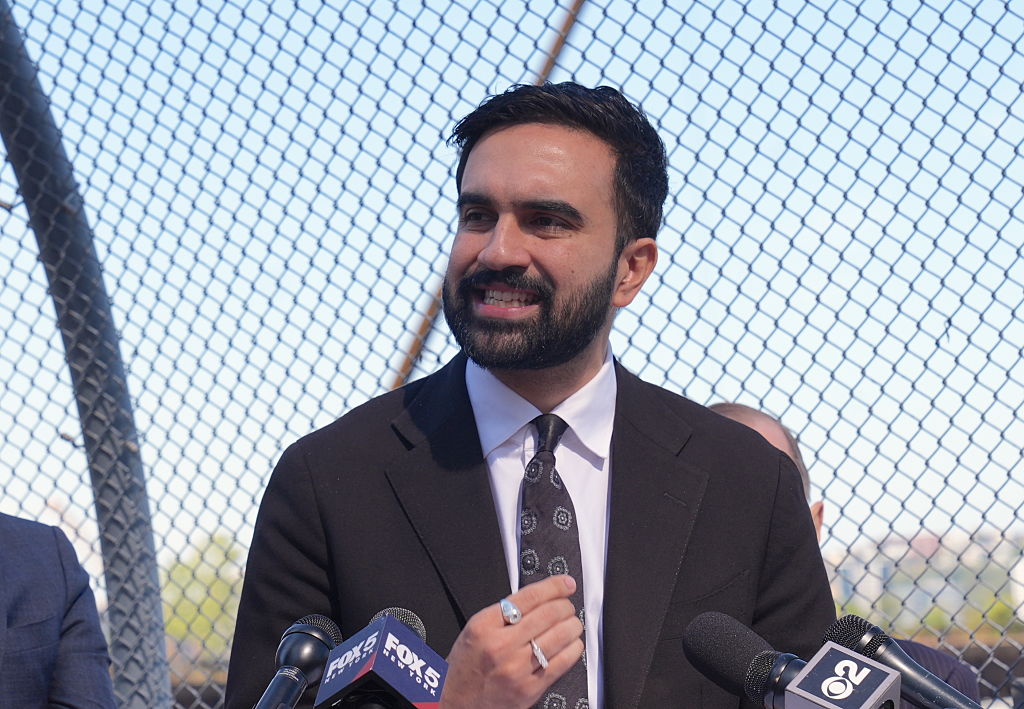
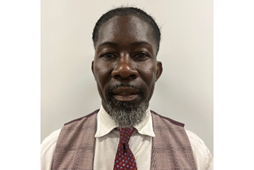








Leave a Reply